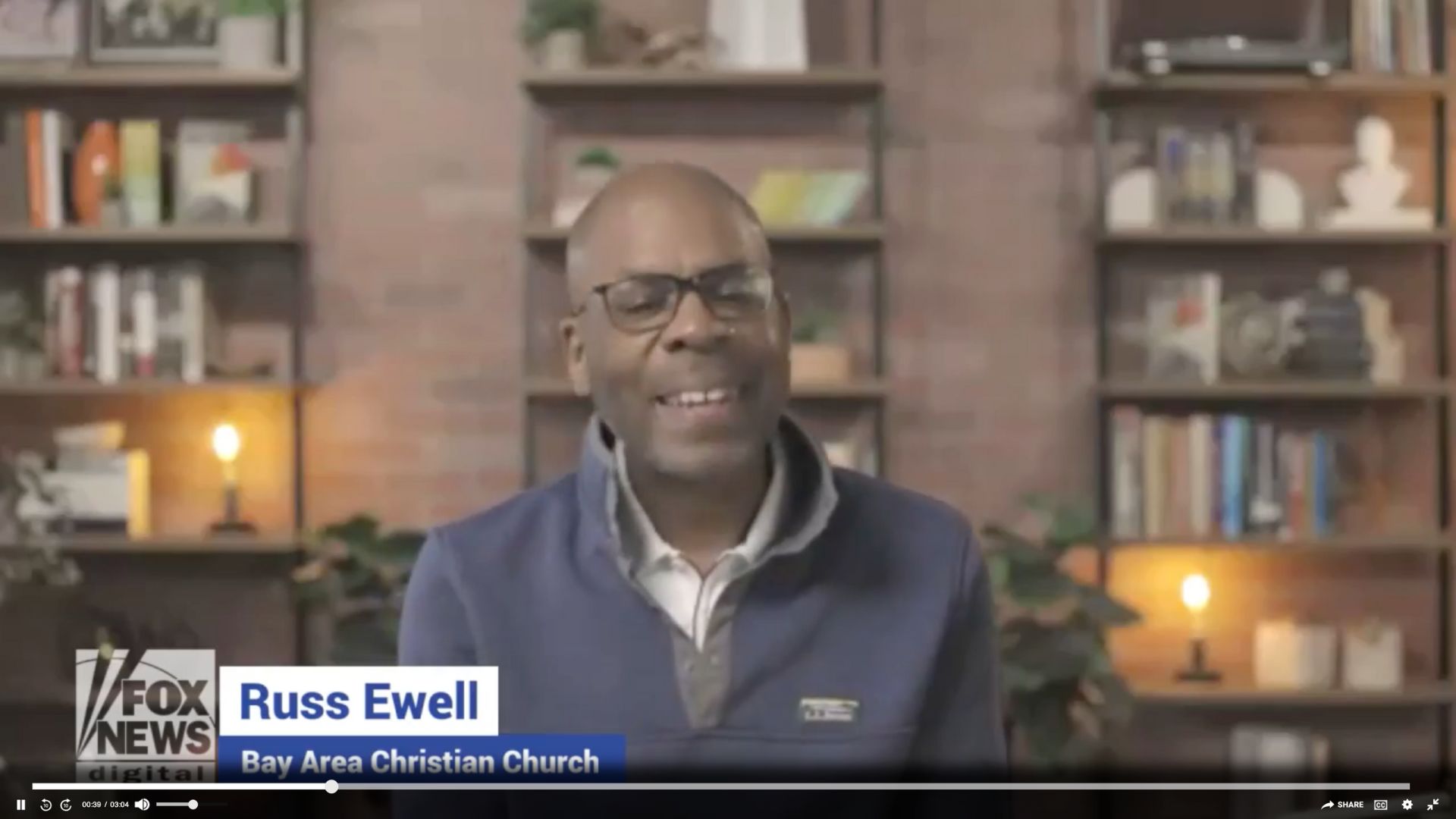Sign up for The Good Stuff
Our weekly newsletter filled with news, updates, and inspiring stories of how God is working in the Bay Area.
"*" indicates required fields
Sign up for The Good Stuff
Our weekly newsletter filled with news, updates, and inspiring stories of how God is working in the Bay Area.
"*" indicates required fields
The dynamic in an only-child family is unique. I grew up as one of four kids, so by the time I hit most of life’s major forks in the road, my parents had already been there and done that – twice – with my older sisters.
From SAT classes and AP tests to school dances and sneaking out with boys, my parents faced many of my battles by tipping their proverbial cowboy hats and reminding themselves that this wasn’t their first rodeo.
But what if it’s always your first rodeo? For parents with one child, every experience is the first and only “rodeo,” so to speak. This can cause fear and pressure for both the parent and the kid, but with the help of other friends and parents who have been through it before, only-child families can navigate through the even the hardest years successfully.
The cycle of pressure, fear, and anger in the Only Child Syndrome
Children are a gift from the Lord; they are a reward from him. Children born to a young man are like arrows in a warrior’s hands.
Psalm 127:3-4
Like the scripture says, to a parent children are a gift and a reward. But as a kid, what if you know you are the only “gift,” the only “reward,” the only “arrow” in your parents’ hands?
For an only child that can mean extra pressure, even if parents never intend to make their kids feel that way. What if I’m not good enough? What if I let them down? As one teen girl in Double Edge put it, “I am their only shot, and what if I disappoint them? I am their only kid, their only chance of having a kid go to Stanford or some big school and be successful, what if I mess up?”
This feeling, rooted in the only child syndrome, caused a lot of frustration for her parents, who felt they would be proud of her no matter what and were not intending to pressure her to perform. Through the encouragement of other parents they were able to start understanding their daughter’s fears, and that while they intended to make her feel like they were proud of her, their actions were not communicating what they hoped. They learned to express more how proud they already were of their daughter, relieving her fears and helping them get closer as a family.
Parents of children with the only child syndrome can also feel extra pressure – without the benefit of having “been there done that” and survived with other kids, it can be extra difficult to relax and enjoy the ride. One dad expressed that he would get disproportionately angry every time his daughter complained and put off her homework because he was so afraid he was failing as a parent. This led to his daughter feeling very afraid of him and his anger, and constantly afraid she was disappointing him. Fear became the driving emotion in their home, leading both parents to become more controlling and their daughter to feel secretly angry and hateful about the ways she felt they didn’t trust her.
Relationship relief
One thing we learned in Double Edge this summer is that most parents are deceived about how their actions are coming across to their kids and are defensive when faced with the truth. Here in the BACC we try to develop a culture that helps parents relax, especially through close friendships with other parents who have been through similar things. We work hard to build a culture of openness and family for all parents to find support and answers, whether their first kid, third kid, or only kid.
Plans fail for lack of counsel, but with many advisers they succeed.
Proverbs 15:22
Because parents with one child can’t rely on their own previous experiences, friendships with other parents are a huge necessity. Other parents have been there before, and can offer advice from their own successes and also failures. For one of the girls in Double Edge, seeing her parents build relationships with other parents who had teens made her feel incredibly relieved – she felt she had “back-up,” and if she messed up her parents could talk to other parents about how to respond. She also needed other parents to help her and her parents communicate so they could each understand the pressures they were feeling.
Here are five things we believe every parent needs to do to navigate the teen years:
- Accept that you can’t see the truth on your own about your relationship with your teen
- Develop trusting relationships with peers – parents who have been through teen years before or are currently going through them
- Listen to input from spiritually mature parents – try not to justify your own thinking, rather understand what they are communicating, it comes through experience.
- Listen for what your teen is trying to communicate. Don’t get caught up in defending yourself, but try to hear the heart behind what your teen is trying to say. What you have been intending to do might not be what they actually hear.
- Be vulnerable with your teen. Tell them what you are afraid of. Many teens don’t realize that their parents have feelings too and they understand more where you are coming from when they realize you are afraid, not mad at them.

Written by
Bay Area Christian Church
This was created by a member of the Bay Area Christian Church team.
Russ Ewell writes about how the statistical decline in explicit religiosity is counteracted by the precious, insatiable spirituality God can use to call to us.
Only three in 10 Americans attend church once a week or almost once a week, according to a recent Gallup poll.
We can change people’s lives through relationships, spirituality, and meeting needs, says our Executive Minister on CBN News


